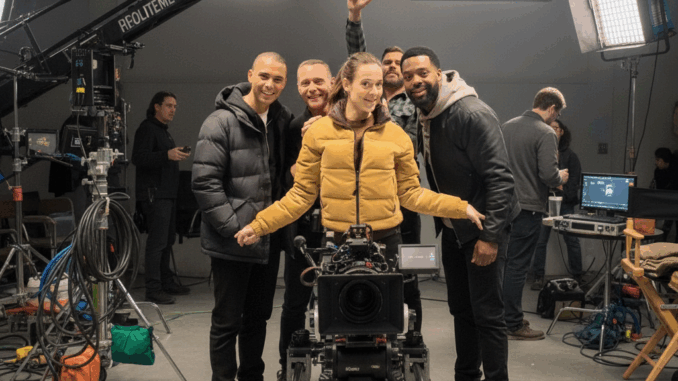
When Chicago P.D. returns for its thirteenth season, viewers will immediately notice that the show has taken a bold narrative step forward. Instead of picking up right where season 12 left off, the new season introduces a significant time jump—reshaping both the personal lives of its characters and the future of Intelligence.
Time jumps have become a common storytelling device in long-running dramas, often used to refresh a series, bypass certain transitional periods, or introduce new conflicts. For Chicago P.D., the decision appears to serve multiple purposes: it allows the writers to move past lingering storylines from last season while setting up fresh dynamics for the team. The shift is not just a narrative shortcut but a deliberate creative choice to keep the show’s momentum alive as it heads deeper into its second decade.
One of the biggest implications of the time jump lies in the aftermath of Adam Ruzek’s recovery and his evolving relationship with Kim Burgess. Season 12 ended with the couple facing major questions about their future, both as partners in life and in the field. By leaping ahead in time, the series may sidestep some of the slower healing process, instead showing where they stand after months of unseen progress or setbacks. This opens the door to new tensions and possibilities without having to dwell on story beats the audience has already anticipated.

Another key element affected is the leadership dynamic within Intelligence. Hank Voight, whose methods have long been at the center of both the unit’s strength and its controversies, may find himself in a very different position after the time jump. Whether it’s dealing with the fallout of past cases or adjusting to shifting departmental politics, Voight’s role could be redefined in ways that challenge his authority. The time skip creates space for off-screen changes that will be revealed gradually, keeping viewers guessing.
New characters, too, benefit from this narrative leap. The series has introduced fresh faces in recent seasons, and a time jump allows them to feel more integrated into the squad without lengthy “getting to know you” arcs. At the same time, it sets the stage for potential departures to be explained without requiring drawn-out farewells, smoothing the transition between veteran stars and newer additions to the cast.
Still, the choice to jump forward is not without risks. Audiences who have grown attached to certain storylines may feel shortchanged if those threads are resolved off-screen. The emotional weight of Burgess and Ruzek’s family journey, for example, could lose some impact if too much is skipped. Balancing what to show and what to leave in the past will be critical to how well this creative gamble pays off.
For a series entering its thirteenth season, though, taking risks is part of survival. By revealing a major time jump, Chicago P.D. signals that it is not content to simply repeat old patterns. Instead, it’s pushing its characters—and its audience—into uncharted territory. Whether this move revitalizes the show or alienates fans will become clear as the season unfolds, but one thing is certain: the Windy City’s toughest cops are heading into a very different future.
